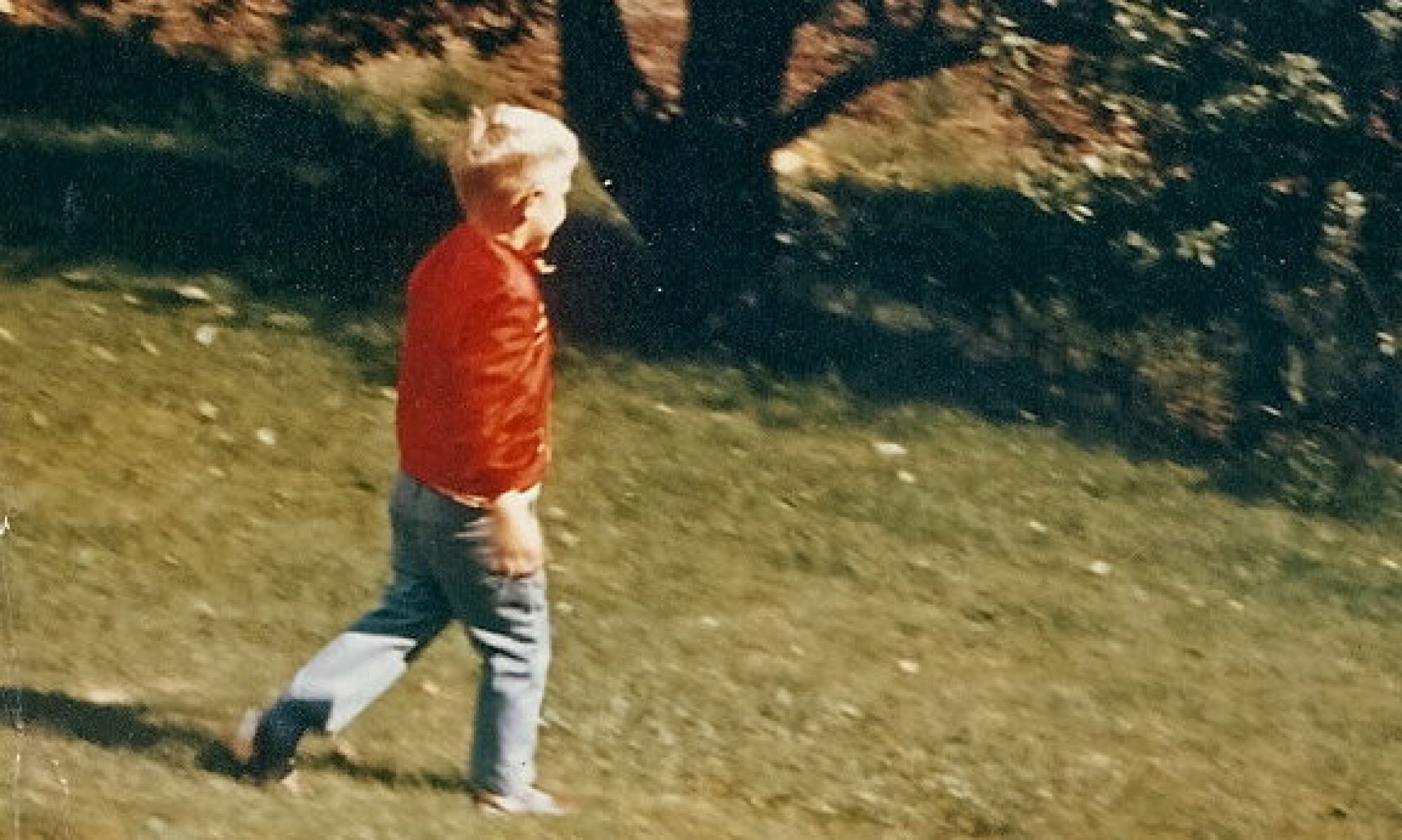I wrote this a while back, during one of AHA!’s writer’s retreats. This one is mostly true, with some stretchers.
Dolly and Ray Berzanti were friends of my dad’s from before he married my mom. Ray delivered mail by day, and tended bar at the Ranch House in Butte at night. That was how my dad met him. My dad’s studio apartment in Butte was above the Ranch House on Broadway. But that was many years ago. Dolly was a waitress at some lunch counter near Hennessey’s Department Store. They were utterly devoted to two each other, and to bourbon. But that’s not really all that important. What’s important was what Ray Berzanti did when he wasn’t delivering mail or tending bar. He was a sideman for many of the better jazz bands in and around Silver Bow County. A retired sergeant from the U.S. Army band, he had played with some of the greatest swing orchestras in history. After the war, he played first chair with Les Brown and his Band of Renown. But now Ray just some Italian guy from back east, stuck in a shit hole bar in a shit hole town. His clarinet playing was limited to pickup gigs with the Ringling Brothers and Barnum and Bailey Circus or an occasional dance band job at the Elks lodge.
He didn’t need the clarinet any more. At least that’s what he told my dad that afternoon across a high ball Dolly had mixed in glasses with golden pheasants on them you got when you filled up the car at the Conoco Station. I sat looking through the stacks of heavy photo albums, turning over the pages of Ray’s life with his horn. There he is shaking hands with Glenn Miller. Here’s Tommy Dorsey and Doris Day. Bing Crosby. Emmet Kelley. Evel Kneivel, Butte’s favorite son. The photos showed a young, handsome man with bright eyes and a big-hearted smile.
“What do you think?” my dad asked me.
“It’s a really good horn,” Ray said. “I think the kid is going to love it.”
Dolly and Ray didn’t have any children, so I could forgive him the fact that he talked about me as if I wasn’t right there in his living room, flipping through his life.
“What do you think?” my dad asked again.
“Well, I’d need to play it, but it sure is a beauty, that’s for real,” I said to both Ray and my dad.
“Yeah, it’s a good old horn,” Ray said. “Solid wood. Never been split. I cleaned it after every use, and I oiled it once a month without fail. I’d say that horn is nigh onto 40 years old.”
I was sucking on a new number three reed we’d picked up at Gustafson’s Music on the way out to Dolly and Ray’s. It was almost soft enough to play.
“What about you, Ray? Don’t you want to keep playing it?” I asked. My fingers were running up and down the keys, flipping pads and levers as fast as I could muster. I was warming it up. Getting ready to play.
“Nah. My music days are behind me kid,” Ray said. Behind his sad expression I caught a glimpse of what it must have been like to play with Glenn Miller or even the U.S. Army Band.
“It’s going to need a total re-padding,” I said. “That’ll cost about $150. But that doesn’t have to be done right away.”
“This kid’s wise,” Ray said. He knew no one ever bought a used clarinet without re-padding. It just wasn’t something you did. You could never get a clarinet to be truly yours if it had someone else’s pads on the keys. The pads respond to your pressure, your unique touch. Over time, they develop their own way of closing with the lightest flick of a finger.
Ray’s clarinet was well worn. The pads were burnished brown and hard around the edges, just like they should be. I could tell just by looking, this instrument had been praised, rather than abused.
I placed the reed on the mouthpiece and tightened the ligature. I ran my fingers over the keys, flipping the pads hard. The lack of wind caused the horn to pop and snap to life. Resting the instrument above my right thumb, I started on a low E and played a smooth chromatic scale all the way up to high F.
The clarinet wailed.
It was sad in the low register, sassy in the mid-range and clarion in the high notes. It was so much better than my plastic piece of shit I’d been playing since fifth grade.
This was a serious horn.
This was a serious relationship.
I was in love for the very first time.
I was in love with the sound as much as with the feeling of playing something that had a piece of history I would never be a part of. At that moment, I was in love with my dad. I was in love with Ray. I was in love with Dolly. I understood with a single, effortless chromatic scale, just how courageous music could be.
And, for a brief second, I was even in love with the thought of what I could make of myself.
Twenty years later, I’m having a similar conversation with a similar parent and a similar young musician. I’m in a shit hole job, in a shit hole town and I need to pay the rent.
Only this time, I tell the kid about the horn. I tell the parent about Dolly and Ray. I tell them about the circus bands, and the big bands and the solos I played in high school. After a brief transaction, I let my first love go.
But the sound of the horn, from that first low E to the fleet, singing high F, well … I keep that for myself.
